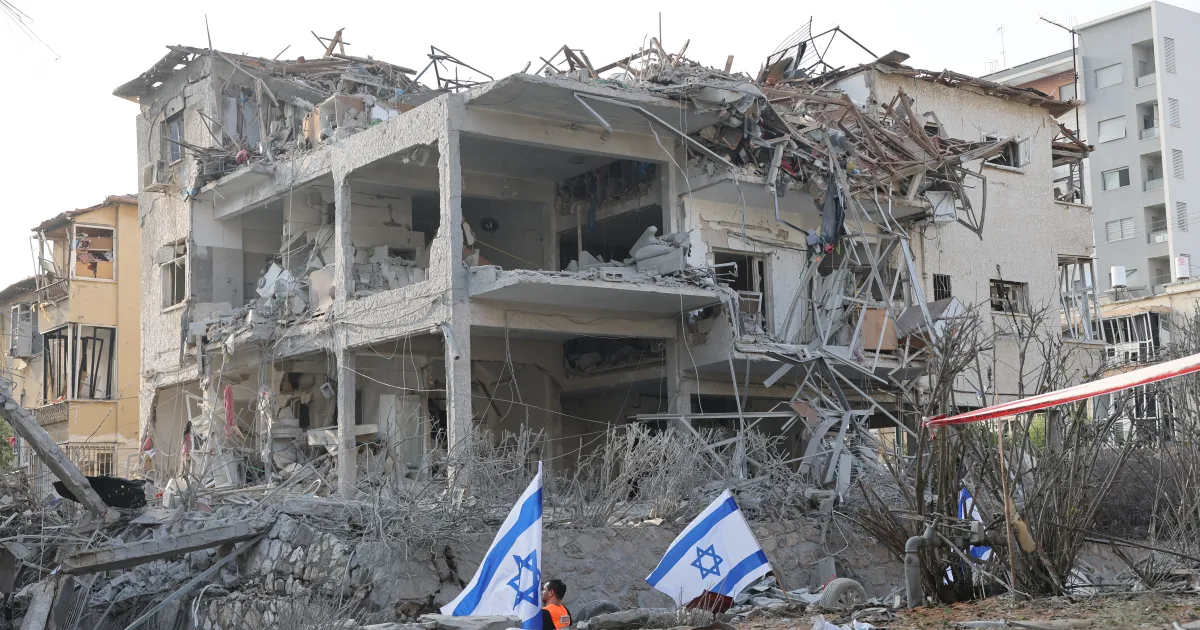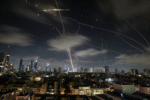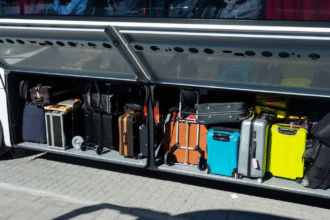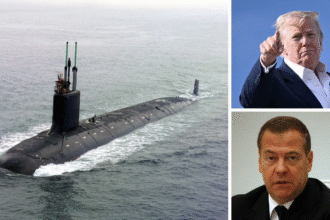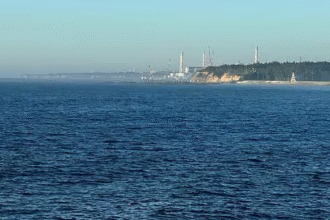JERUSALEM Amid an escalating regional conflict, Israel declared on Saturday that it had delayed Iran’s nuclear ambitions by at least two years, following a week-long wave of airstrikes targeting strategic military and nuclear facilities across the Islamic Republic. This development comes just days after US President Donald Trump issued Tehran a two-week ultimatum to return to the negotiating table or face potential American military intervention.
Speaking to Bild, Israeli Foreign Minister Gideon Saar stated that the campaign, which began on June 13, had significantly disrupted Iran’s capacity to develop a nuclear weapon.
“According to our assessments, we’ve pushed back their nuclear timeline by two to three years,” said Saar. “The operation will continue until the threat is neutralized.”
Precision Strikes Continue Across Iran
On Saturday, Israeli jets struck new targets in central Iran, focusing on missile storage and launch installations. According to the Israeli Air Force, the latest strikes are part of a broader operation to disable Iran’s nuclear infrastructure and its long-range missile capabilities.
Iran, which denies seeking nuclear weapons, has nonetheless faced mounting scrutiny from global watchdogs over its rapidly advancing uranium enrichment efforts.
Diplomatic Deadlock Iran Refuses Talks as Bombs Fall
Efforts by European diplomats to restart negotiations between Tehran and Washington appear to have stalled. On Friday, foreign ministers from Britain, France, and Germany met with Iranian Deputy Foreign Minister Abbas Araghchi in Geneva, urging him to consider diplomacy even amid the conflict.
However, Araghchi told NBC News that Iran would not return to the table under continued aggression.
“We’re not prepared to negotiate with the United States as long as they support and enable these attacks,” he stated.
In contrast, President Trump dismissed European efforts, stating:
“Iran wants to talk to us, not Europe. And if one side is winning, it’s hard to ask them to stop.”
US Involvement Looms as Pressure Mounts
While the United States has so far refrained from direct strikes, it has deployed additional aircraft to the region, and Trump has hinted at potential action particularly to assist Israel in striking deeply buried facilities like Fordow, which houses enriched uranium.
A source familiar with White House discussions told Reuters that military options are “on the table,” including the use of bunker-buster bombs capable of breaching fortified nuclear sites.
Trump has also made provocative remarks on Truth Social, saying the U.S. knows where Iran’s Supreme Leader is hiding, but stopped short of announcing further action:
“We are not going to take him out… at least not for now. But our patience is wearing thin.”
Death Toll and Damage Mounting on Both Sides
Since the onset of Israel’s campaign:
-
657 people have been reported killed in Iran, according to the US-based Human Rights Activists News Agency.
-
Iran’s official toll remains at 224, including military personnel, scientists, and civilians.
-
In Israel, at least 25 people have been killed by Iranian retaliatory strikes.
-
450 missiles and 400 drones have been launched at Israel, with 19 injuries reported in Haifa after the latest barrage.
Israel’s National Public Diplomacy Directorate claims that many of the missiles targeted military bases, though some hit residential areas, fueling fears of wider civilian casualties.
IAEA and Global Response Nuclear Concerns Mount
The International Atomic Energy Agency (IAEA) confirmed that Iran remains the only non-nuclear state enriching uranium up to 60%, a figure alarmingly close to weapons-grade. Still, the agency notes Iran lacks the full capabilities to assemble a functioning warhead.
“It’s pure speculation to say how long it would take Iran to develop a bomb,” said IAEA Chief Rafael Grossi in an interview with CNN.
Britain’s Foreign Secretary David Lammy called the situation a “perilous moment,” warning that the potential for regional escalation was growing.
Meanwhile, Switzerland temporarily closed its embassy in Tehran, although it pledged to continue representing US interests in Iran under its protective mandate.
Iran’s Response No Talks, Defensive Measures
Despite mounting pressure, Iran remains defiant. Officials in Tehran say any further escalation will be met with more retaliation, and military facilities across the country remain on high alert. Reports from the ground indicate that Tehran markets have emptied, and daily life is disrupted as missile sirens ring throughout the capital.
Iran’s Revolutionary Guards continue to assert that their targets are strictly military, although independent monitors have documented widespread civilian impact.
A Conflict at the Brink
As Israel doubles down on its military strategy and the U.S. flirts with deeper involvement, the Middle East inches closer to a broader war. With diplomatic channels breaking down and civilian casualties rising, the next two weeks Trump’s informal deadline could decide whether this crisis ends with diplomacy or devastation.

